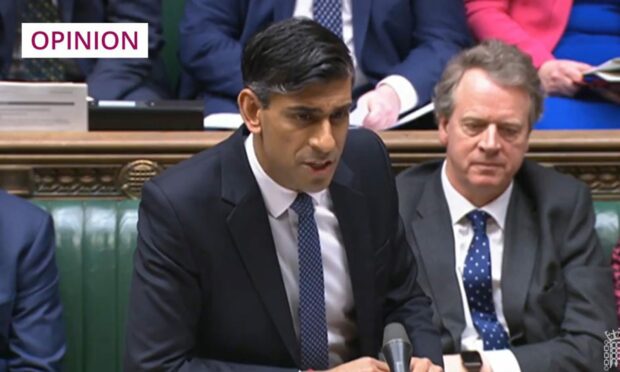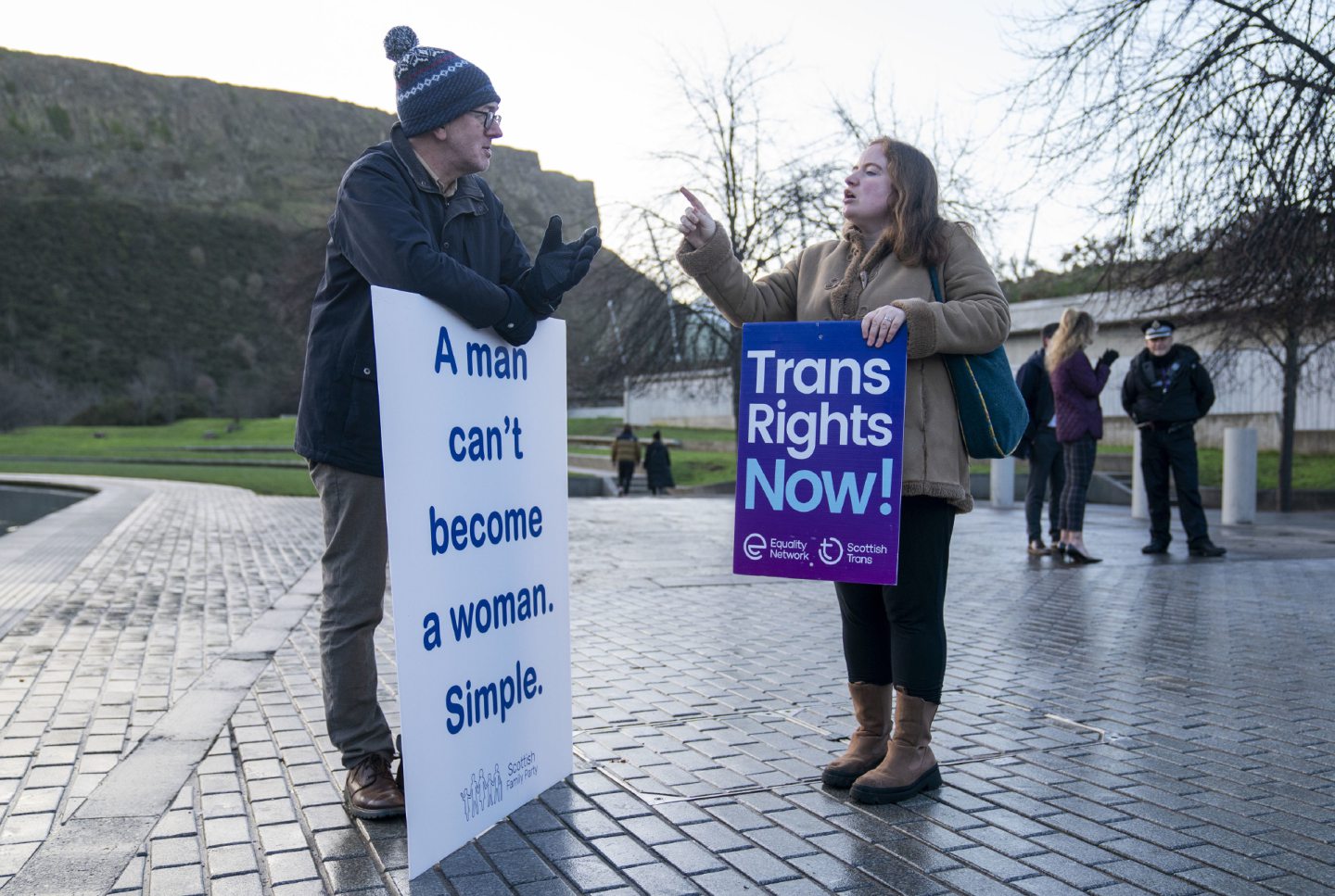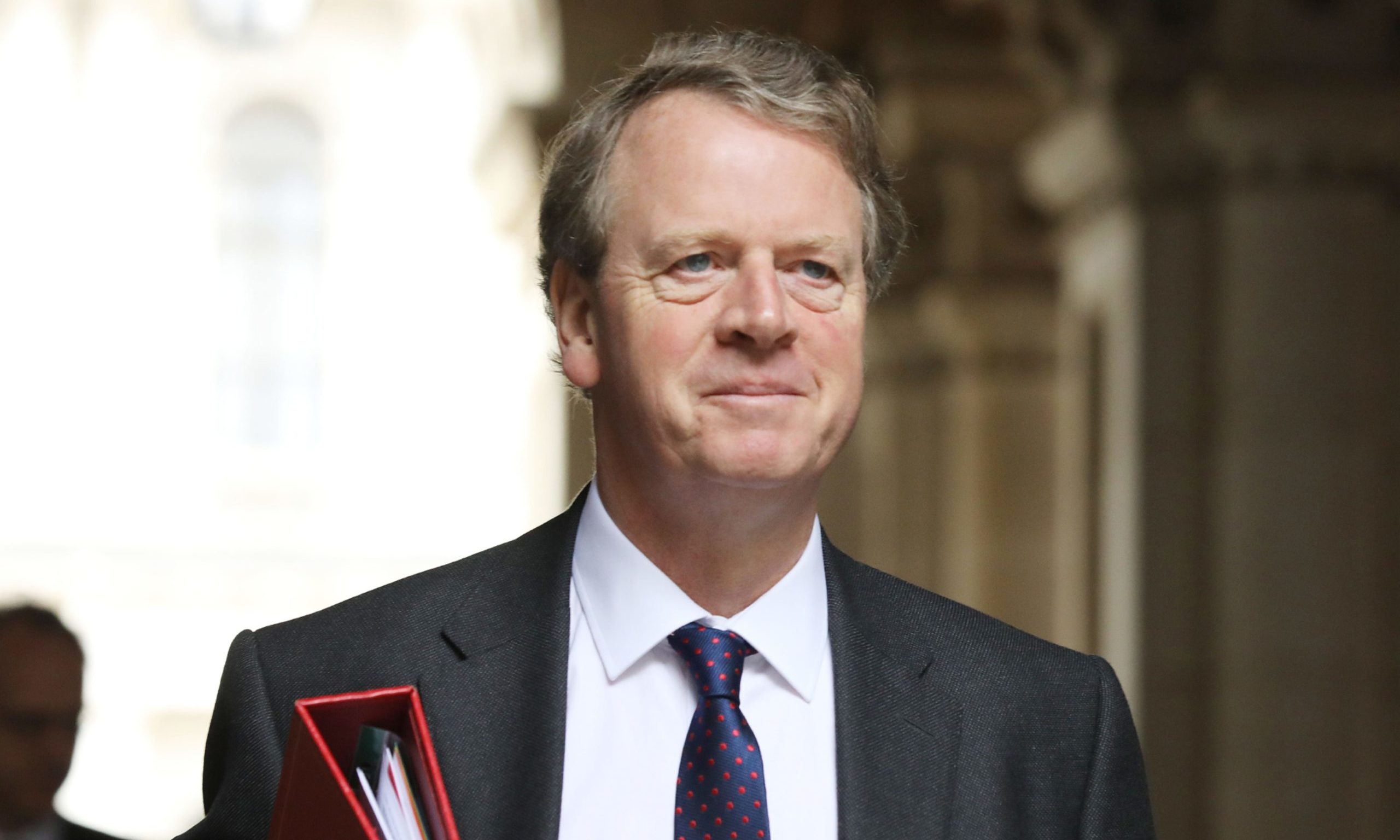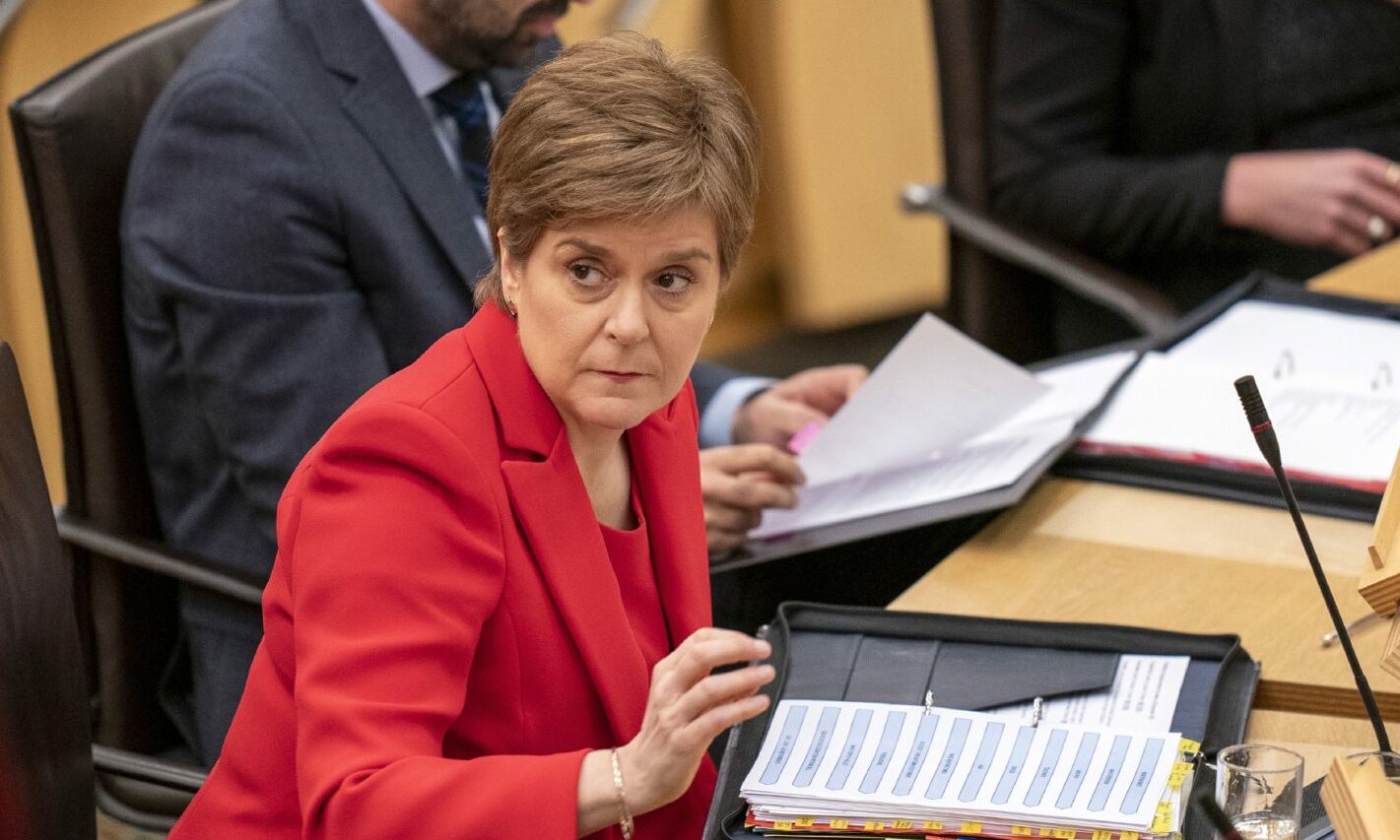As the coalman said when his horse keeled over and died: “Funny, that’s never happened before”.
Something happened this week without precedent in the near quarter-century history of the Scottish Parliament.
The UK government effectively vetoed a law passed by Holyrood. Whether this signals the slow demise of devolution is another matter.
Years of work and debate cast aside
Readers may remember the marathon sessions put in by MSPs just before Christmas, to pass the bill reforming gender recognition law.
As it turns out, they may as well have gone out to do some last-minute shopping, because the hours – indeed years – spent on this issue have been set aside by the pen of the Scottish Secretary, Alister Jack.
Among other measures, the new law was to usher in a system of self-identification for people wishing to change their legal gender.
In the final parliamentary division, it passed by 86 votes to 39 – carrying the support of MSPs from every party in the chamber, including three Conservatives.
Mr Jack’s justification for acting as he did is the concern of UK ministers that: “The bill would have a significant impact on, amongst other things, GB-wide equalities matters in Scotland, England and Wales.”
Bear with me, but the statutory stick he wielded was section 35 of the Scotland Act, the legislation which established the Scottish Parliament.
This means the UK government’s position is that Holyrood’s trans law impinges on powers held at Westminster under the devolution settlement.
Mr Jack and his colleagues believe there are “reasonable grounds” to think it would have “an adverse effect on the operation of the law as it applies to reserved matters.”
Interestingly – please keep bearing with me! – the UK government didn’t intervene (as it has done before) under section 33, whereby its law officers can refer a Holyrood bill to the Supreme Court if they think it falls outwith the parliament’s devolved powers, whether in whole or in part.
In other words, the UK government isn’t overtly stating that the reforms are simply beyond the legislative competence of Holyrood to act.
At least in messaging terms, it is advancing an argument that is somewhat more complex and opaque.
Scottish Government gifted a constitutional row
Meanwhile, First Minister Nicola Sturgeon and the SNP, and indeed MSPs in other parties, have a much clearer case to communicate that the bill is within the scope of Holyrood’s powers, but it’s been stymied by the big bad Tories at Westminster.
Unhelpfully for Mr Jack, when the Scotland Act was passed at Westminster under Labour in 1998, the then Conservative opposition described the power invoked by him this week as the “governor-general clause”, which “could lead to dramatic confrontation between the Parliament and Government in Edinburgh and the Parliament and Government in London.”
That was a prescient description of where we are today.
The issue is simultaneously highly technical and intensely political.
In any legal challenge to its decision, the stakes are higher for Rishi Sunak’s administration.
The Scottish Government has been gifted a constitutional row, and its worst-case scenario is that it loses a controversial piece of legislation.
While never a fan of the trans bill, I think the UK government has made a political mistake. Whether it has made a legal misjudgement remains to be seen.
As an independence supporter, I’d argue that the stable solution to any mismatches between legal changes at Holyrood and reserved law at Westminster is to bring it all under the roof of the Scottish Parliament.
Meanwhile, as the process plays itself out, I hope that tempers can be cooled on all sides, and the rhetoric reined in over what is a contentious and sensitive area of policy.














Conversation